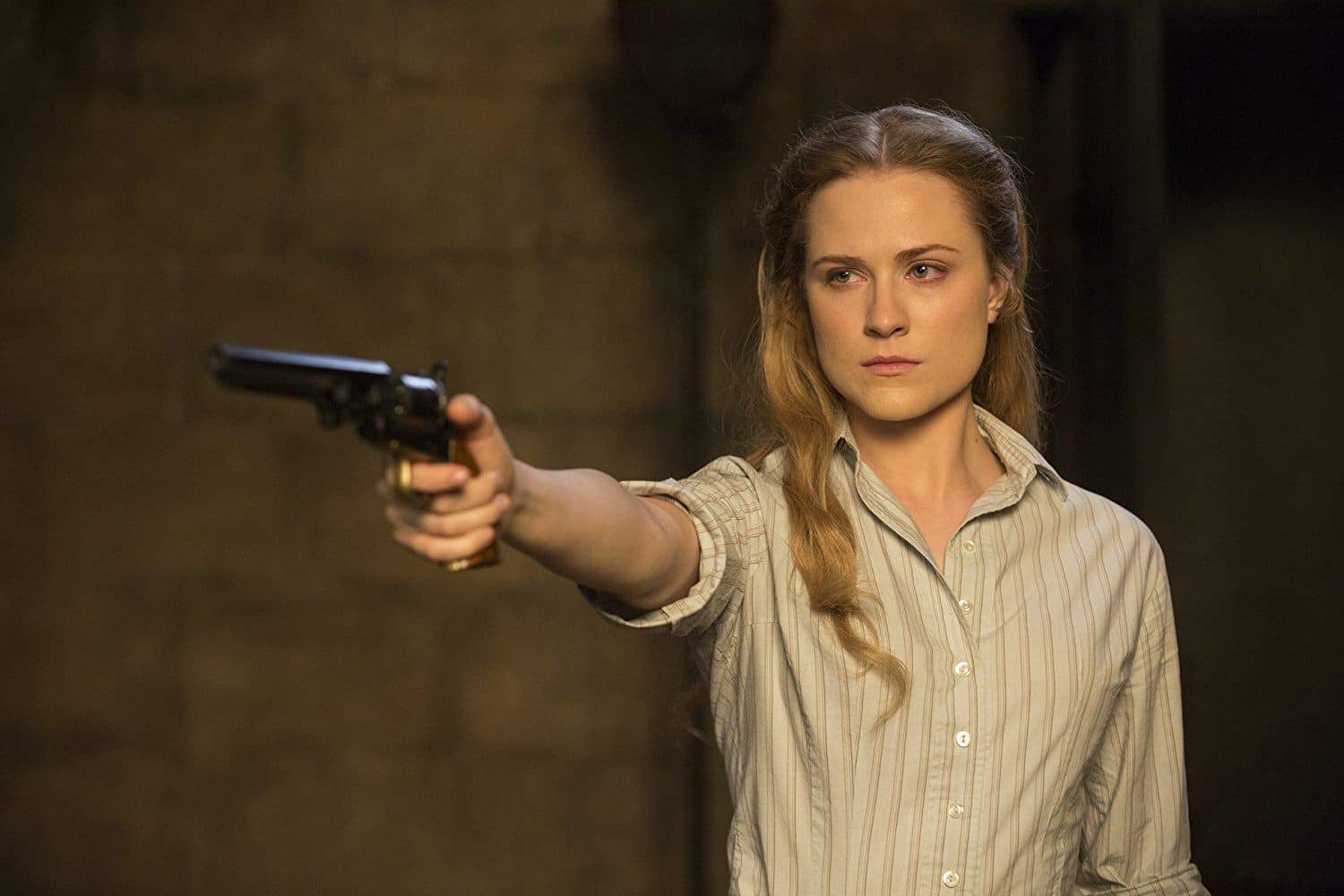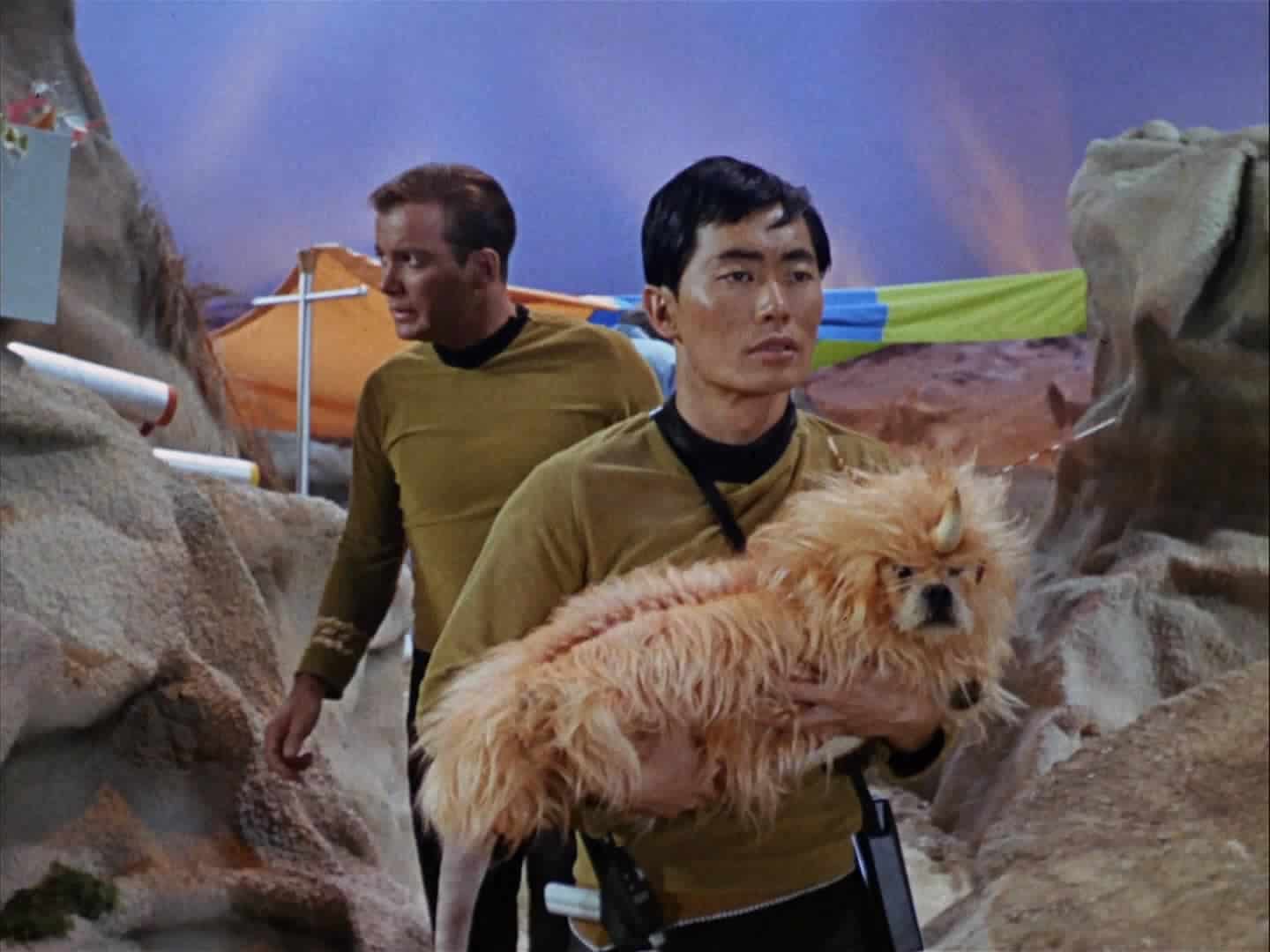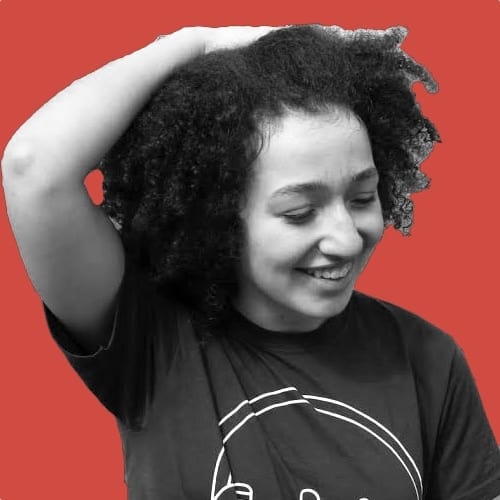
From the word “go” it’s been quite clear that HBO intends Westworld to be Game of Thrones’ successor.
High concept ensemble drama? Check. Huge budget? Check. Epic score from Ramin Djawadi? Check. Sunday night air date? Check.
I really wanted to like the show — I watched the series premiere as soon as it was available, which I rarely ever do — but something never clicked. And for the longest while, I couldn’t quite figure out why. Objectively, it’s well-made. If there was a guidebook on how to make the next Game of Thrones, it seemed like Westworld was actually doing a stellar job of following instructions. Yet I could barely convince myself to watch the whole season through. But why? I should be loving the show. All the pieces are there.
It was only earlier this week when Jonathan Nolan revealed that season 2 is called “The Door” that it finally made sense. On one hand, it reiterated just how much everyone involved wants Westworld to be the next Game of Thrones, perhaps even on a subconscious level; even The Hollywood Reporter’s coverage couldn’t help but point out the Hodor connection. On the other hand, I realized my issue with Westworld, and why I think it will never blow up to Game of Thrones proportions: one of the most consistent features across all the biggest pop-culture phenomena, from Trilby to Star Wars to Harry Potter to Game of Thrones, is that no one saw them coming—just like how I didn’t see Game of Thrones turning a comic relief character and my least favorite plotline into an emotional gut-punch until “The Door” happened.
The history of the greatest hits in film, TV, and literature is a history of surprises. Pop-culture phenomena are inherently unpredictable, and therefore the concept of having a formula that can be followed to manufacture one is fundamentally invalid. Or, to put it another way: if there truly was a formula for creating a television phenomenon, Jeff Bezos would have found it by now, or have hired the person who did. Considering Amazon is reportedly spending, by the most recent estimates, $500 million on a Lord of the Rings spinoff and still trying to convince people to watch Mozart in the Jungle, it is safe to say that hasn’t happened.
Weirdly, the fundamental reason Westworld doesn’t really work, at least for me, is comparable to understanding one of the key differences between a human being and an android. I am a student, and I study both film and biology. One of the reasons I love biology is because human beings and all the other creatures that evolved on this planet came about because of a great big series of mistakes. Evolution is fueled by random mutation, and then natural selection favors whichever of these mistakes end up accidentally providing the greatest survival advantage (or, in some circumstances, the smallest disadvantage). To quote a favorite rant of an evolutionary biology professor I once had, “the concept of intelligent design makes no sense. No intelligent being would design us this way.” And then he’d usually go on about the human eye, because that is, indeed, one poorly designed organ. But this messiness is also fascinating. Looking at the history of the biggest popular culture phenomena, one can also see a consistent streak of messiness — the sort of weirdness that doesn’t turn out to be Chekov’s gun type plot device situation. Think of the Tom Bombadil episode in The Fellowship of the Ring, or how Hogwarts is way too damn small to educate the self-sustaining population of wizarding Britain as depicted in Harry Potter (only one teacher per subject, seriously?), or how George R. R. Martin spends several pages at a time describing food in A Song of Ice and Fire, or like 90% of Star Trek.

Remember that time ‘Star Trek’ gave us a unicorn dog?
Androids, on the other hand, are intelligently designed. Due to the limits of human intelligence, unexpected developments and consequences can occur — and pretty much always do in AI-centered narratives, because that’s where the drama comes from — but still, fundamentally, they are designed in an intelligent way that makes sense. It’s elegant, but also kind of dull. And if I had to describe Westworld in five words, that would be it: elegant, but kind of dull. What about all those crazy twists? You might ask, to which there is a two-part answer. One, an issue with being a robot Western is that no kind of plot twist regarding the meaning of life, consciousness, or existence is unprecedented enough to get into genuine WTF? territory. Two, when your plot twists happen with the frequency and regularity of a train schedule, they cease to be all that twisty.
Westworld follows the “formula” for making the next Game of Thrones, and it actually gets the math right. The issue is that creating a popular culture phenomenon isn’t an issue of math, it’s something far messier and inherently unpredictable. Eventually, we will see a new Game of Thrones-type phenomenon — one that isn’t the latest installment or a reboot of a well-established extended universe. However, when it comes to trying to anticipate what this newcomer will be, there is only one prediction I will hazard to make, and that is that it will be something that we didn’t see coming.
Related Topics: Game of Thrones, HBO, Opinions, Westworld

